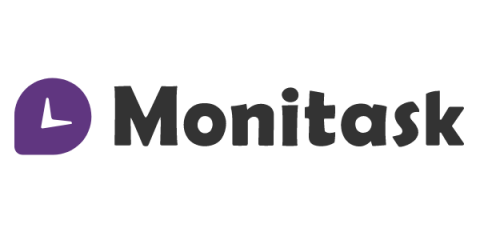Team collaboration: 5 reasons to improve it and 6 ways to master it
Effective team collaboration. Seems simple enough, right? You just need a group of people that get together, divide tasks among themselves, and – voila! Or is it just a bit more complicated than that.. 🤔 The reality is that teams consist of different people with different characters, experiences, and knowledge. Effective team collaboration was never easy to achieve – and this mission has grown even harder since remote work abruptly became a reality for many.










